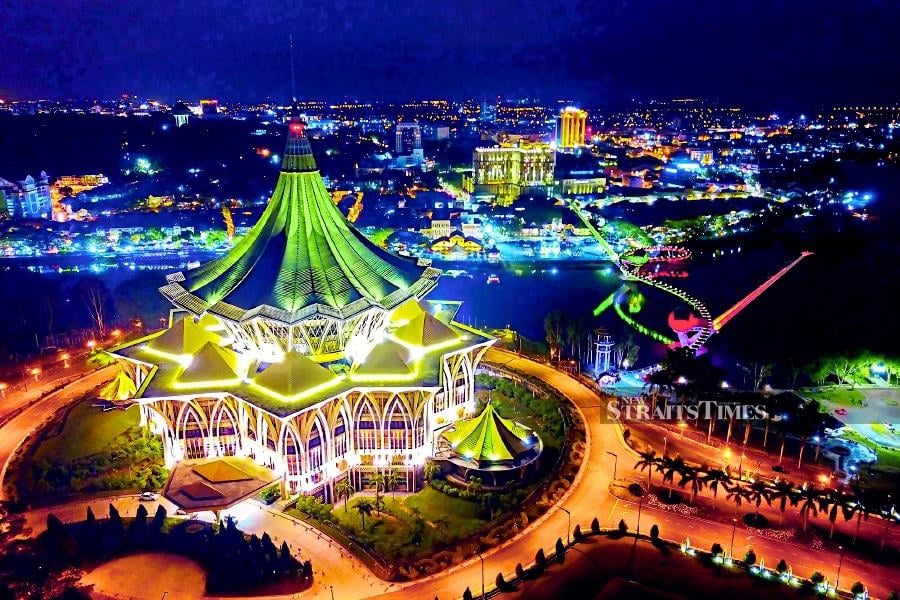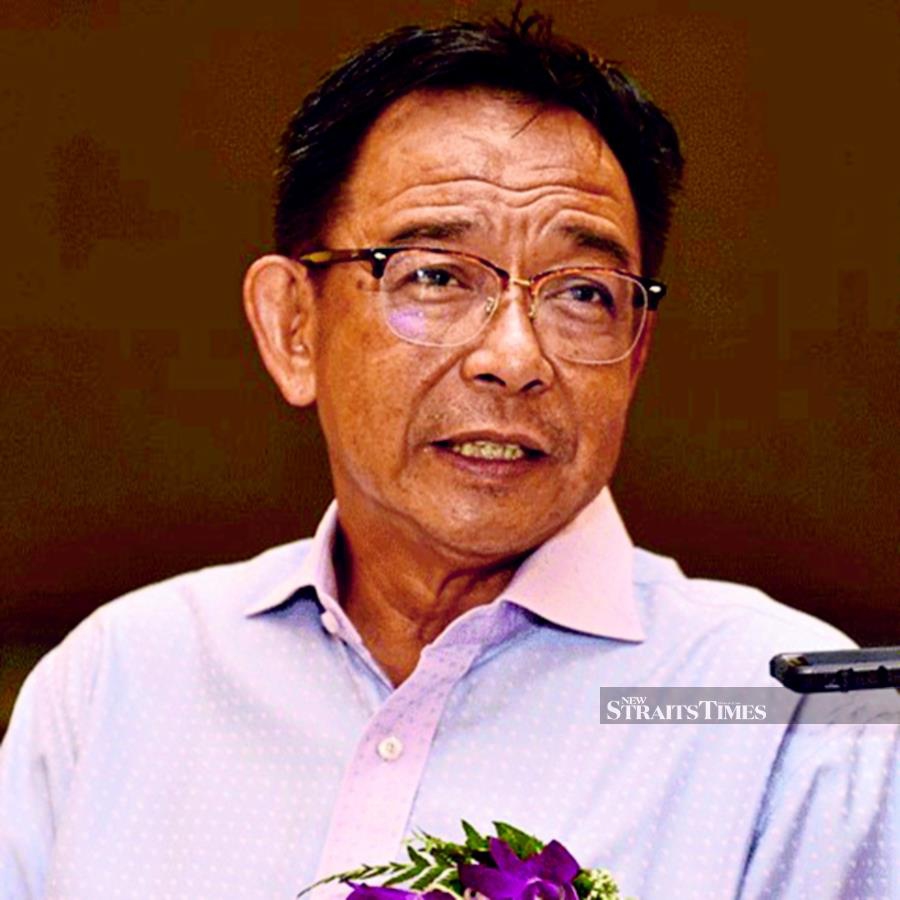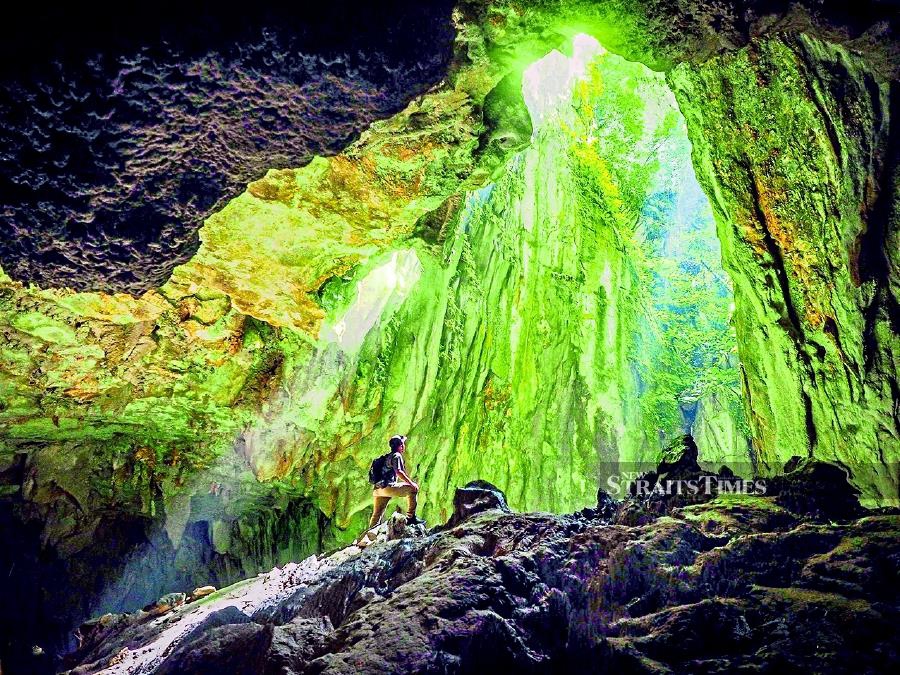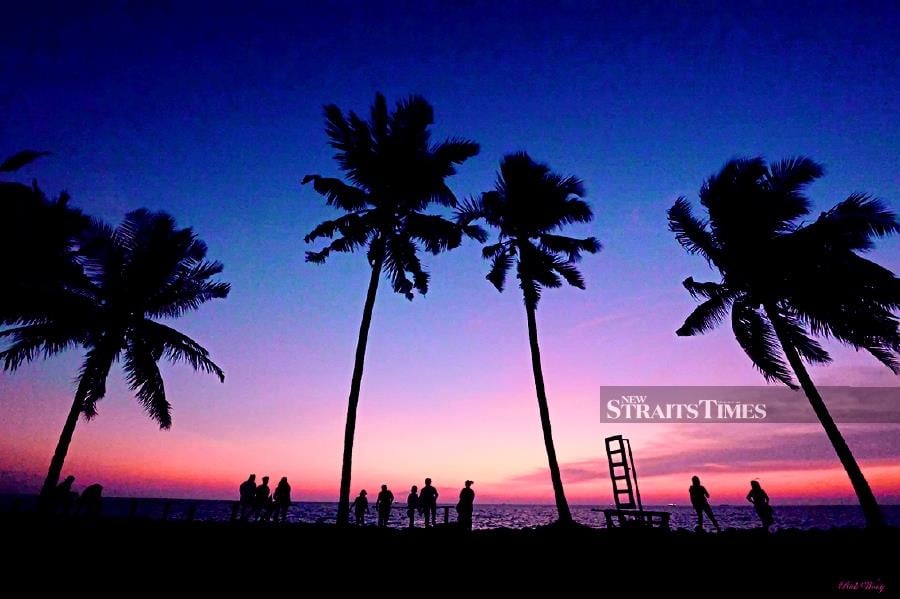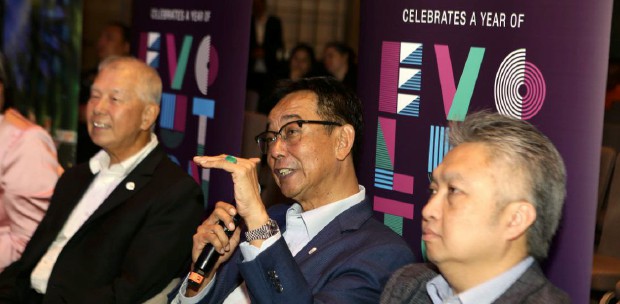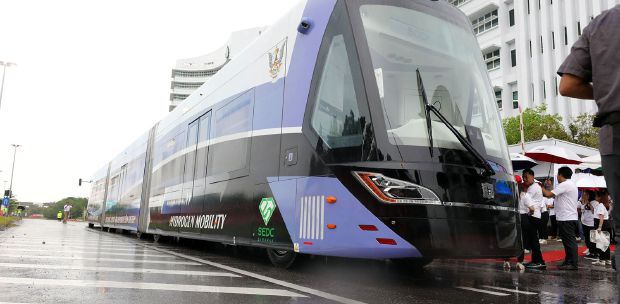SARAWAK, renowned for its rich cultural tapestry and natural wonders, has made many efforts to be at the forefront of the global tourism stage.
In conjunction with World Tourism Day today, state Tourism Minister Datuk Seri Abdul Karim Rahman Hamzah explains the approach that the state has taken to boost its tourism in a sustainable manner.
He said Sarawak's commitment to the green movement is exemplified by a multifaceted approach that encompasses sustainability, community engagement, environmental conservation and cultural preservation.
"In alignment with the World Tourism Day's 2023 theme of 'Tourism and Green Investments', Sarawak has made significant strides in promoting responsible and sustainable tourism practices," he said.
There are several key initiatives and achievements that highlight the state's dedication to this cause:
EMPLOYABILITY
and participation of local communities. Sarawak recognises the importance of creating jobs and the involvement of local communities in its tourism programmes.
"We consider these factors as critical conditions for the development and sustainability of tourism. We have actively promoted local employment, especially in tourism-based sectors, which not only boosts economic viability, but also ensures the active participation and support of local communities in tourism initiatives," said Karim.
HOUSEHOLD
income and community-based tourism. Sarawak has played a pivotal role in advocating for responsible tourism practices that maximise positive economic, social and environmental impacts.
Karim said through Sarawak Tourism Board's programmes like the Jejak Digital Initiative, the state has focused on digital literacy and outreach to B40 communities, enhancing their digital awareness.
"Additionally, our efforts in community-based tourism in rural areas provide authentic experiences while contributing to the local economy and placing economic value on conservation at the community level."
RECOGNITION
by world bodies. Sarawak's dedication to preservation, sustainable tourism and achieving Sustainable Development Goals (SDGs) has received recognition from world bodies, including the United Nations Educational, Scientific and Cultural Organisation (Unesco).
"We actively engage the public and visitors in responsible tourism practices in protected destinations. We also practise carrying capacity management to prevent overpopulation at key attractions, such as Bako," said Karim.
UNESCO
Creative City of Gastronomy. Unesco's recognition of Kuching as a "Creative City of Gastronomy" underscores Sarawak's commitment to culinary heritage preservation.
"We collaborate with local communities, chefs and food experts to document culinary practices, conduct workshops, and support culinary education programmes. Our curated food trails, collaborations with culinary experts, and food-related events will promote Sarawak's gastronomy on a global scale while supporting the local food industry," said Karim.
RAINFOREST
World Music Festival (RWMF). The RWMF needs no introduction. It stands as a shining example of Sarawak's dedication to sustainability.
"Each year, we set higher standards for the festival, prioritising sustainability and striving for zero waste. Strategies encompass waste management, renewable energy sources, sustainable transport, eco-friendly infrastructure and environmental education," said Karim.
"In RWMF 2023, we implemented a ban on single-use plastics, promoted upcycling and introduced innovative waste management solutions. The use of seed paper name tags made from recycled materials further promotes environmental conservation," he added.
Furthermore, the state also encouraged innovative waste management solutions, provided shuttle bus services to reduce carbon emissions, and promoted environmental education during the festival in June.
"With nearly 20,000 festival-goers and 199 musicians from around the world gathering at the Sarawak Cultural Village, the RWMF 2023 demonstrated our commitment to responsible tourism, sustainability and ecotourism," said Karim.
All in all, Sarawak's approach to green investments in tourism is holistic, encompassing economic viability, community engagement, cultural preservation, environmental conservation and sustainability.
"These efforts reflect our dedication to make responsible tourism the norm and ensure a sustainable future for tourism in Sarawak," Karim concluded.


